Are you seeking ways to manage high blood pressure? Learn the various drinks that can help you lower blood pressure quickly and the things to avoid.
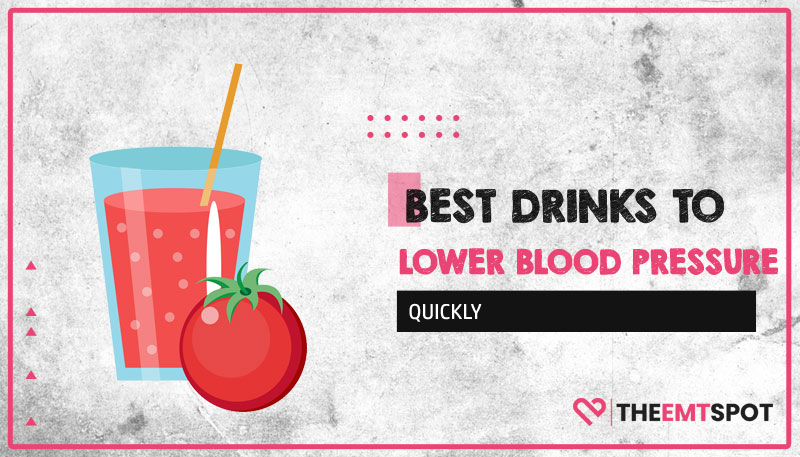
Quick Summary
- The secret to balanced blood health lies in the type of food, drinks, and exercises that one follows.
- Several drinks, from water and tea to milk and extracted juices, can help lower blood pressure quickly.
- Avoiding drinks that can elevate your blood pressure is necessary when managing hypertension.
Things can be hard to manage if you are suffering from hypertension or have frequently raised blood pressure.
Well, the long-term solution to this health problem always includes a healthy lifestyle and proper diet. With the help of these, anyone can manage their blood pressure quickly at home.
By reading this article, you will get to know the best drinks to help you improve your blood pressure. We will also discuss other factors that can influence this condition.
Increased blood pressure is a common occurrence after surgery. These changes in blood pressure may or may not fade away within three days.
Acute pain and other factors can lead to high BP as a response to survival.
Due to constriction and dilation of blood vessels, a patient can observe HBP after surgery.
Contents
How Do Diets And Drinks Affect Human Blood Pressure?
Diets and drinks are the factors that directly affect the blood pressure in the human body and can increase or decrease it. Some of such increases can be managed by maintaining a healthy lifestyle, yet others might want medications as a necessary aid.
Best Drinks To Lower Blood Pressure Quickly
There is no one such drink that can be categorised as the best to lower blood pressure. But some of the drinks have shown significant results when it comes to managing.
Water
Water has numerous benefits. It not only helps you stay hydrated but will also help in lowering BP. It is noticed that water, with the addition of certain minerals and nutrients, can significantly help in reducing blood pressure.
On the other hand, a study also reflects that water-only fasting under medical supervision appears to be a safe and effective method of regulating blood pressure.
It also may aid in motivating health-promoting dietary and lifestyle changes. Make sure you keep checking your blood pressure at home and analyse it with the help of a blood pressure chart to know your condition from time to time.
Beetroot juice
Beetroot is known to be abundant in folate. It has shown significant results in controlling blood vessel damage and reducing the risk of heart attacks and strokes.
When consumed with a regular healthy diet, the juice extracted from beetroot is known to reflect significant results. It is also noticed that certain natural supplements like those of beetroots also help to manage BP.
Green tea
Green tea is widely commercialised as an antioxidant. According to a study, it was found that green tea can help in lowering blood pressure. These can directly reflect changes in diastolic as well as systolic BP.
Tomato juice
When taken without salt, tomato juice has helped many people with high blood pressure to lower it. Untreated pre-hypertension or hypertension can be managed by a regular intake of tomato juice.
Berry juice
Various different types of berries are known to have antioxidant and cardiovascular protective properties. However, there is no direct evidence that berry juice can lead to a lowering of blood pressure. Yet there is indirect evidence indicating that certain berries can indirectly influence blood health.
Soy milk
This plant-based non-dairy product is rich in proteins, other compounds, and arginine. It may also contribute to the mechanism of lowering blood pressure when consumed with a healthy diet.
Drinks To Avoid
For most people, packed or brewed drinks are the go-to for every day. These drinks have direct effects on the body and the condition of blood health.
Coffee
If a person has high blood pressure levels, they should consider not drinking coffee since it is known to increase BP for over three hours post-consumption.
2-4 cups of coffee can increase both diastolic and systolic blood pressure. Although these changes are temporary, they can be harmful to those suffering from hypertension.
Alcohol
Drinking alcohol tends to raise BP to unhealthy levels. If one is a regular drinker, minimising the intake can help in the management of increased blood pressure.
After 3-4 weeks of not drinking, blood pressure can start to drop.
Carbonated drinks
Drinks that are rich in sugar or caffeine should be avoided. These tend to raise blood pressure and blood sugar levels, which can lead to cardiovascular diseases in the long run.
Also, energy drinks usually have high amounts of caffeine and highly affect systolic as well as diastolic blood pressure levels.
Moderate consumptions are safe as long as one is not facing extreme levels of HBP.
Conclusion
Knowing the kind of drinks that lower blood pressure is essential for those who want to manage HBP and enjoy healthier lives. All the drinks mentioned above have been shown to be effective in reducing blood pressure levels.
Reducing or eliminating the drinks that even cause a temporary increase in BP can be necessary for some conditions. Along with these drinks, managing a healthy lifestyle and diet is important to control HBP. Ensure to contact your doctor and discuss the usage in case of hypertension.

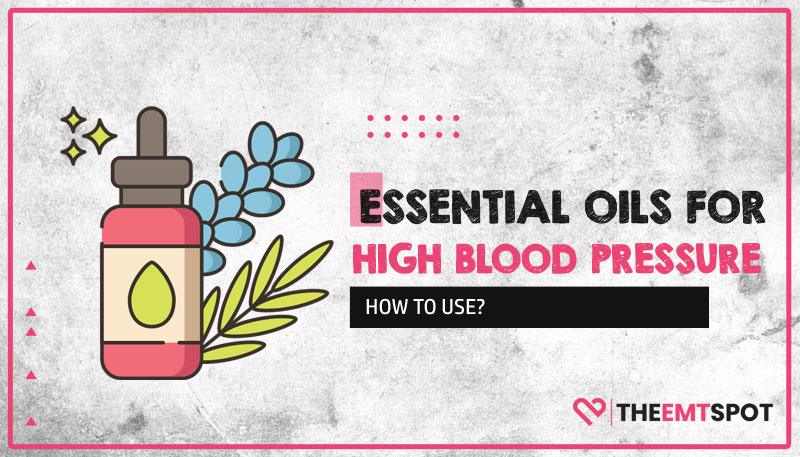
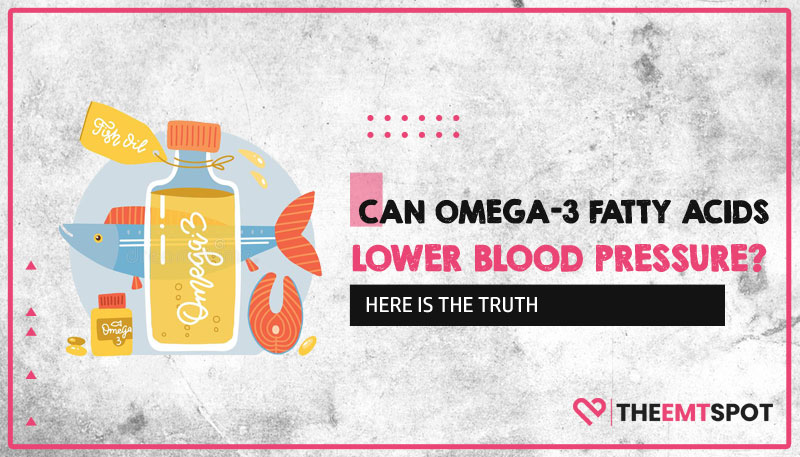
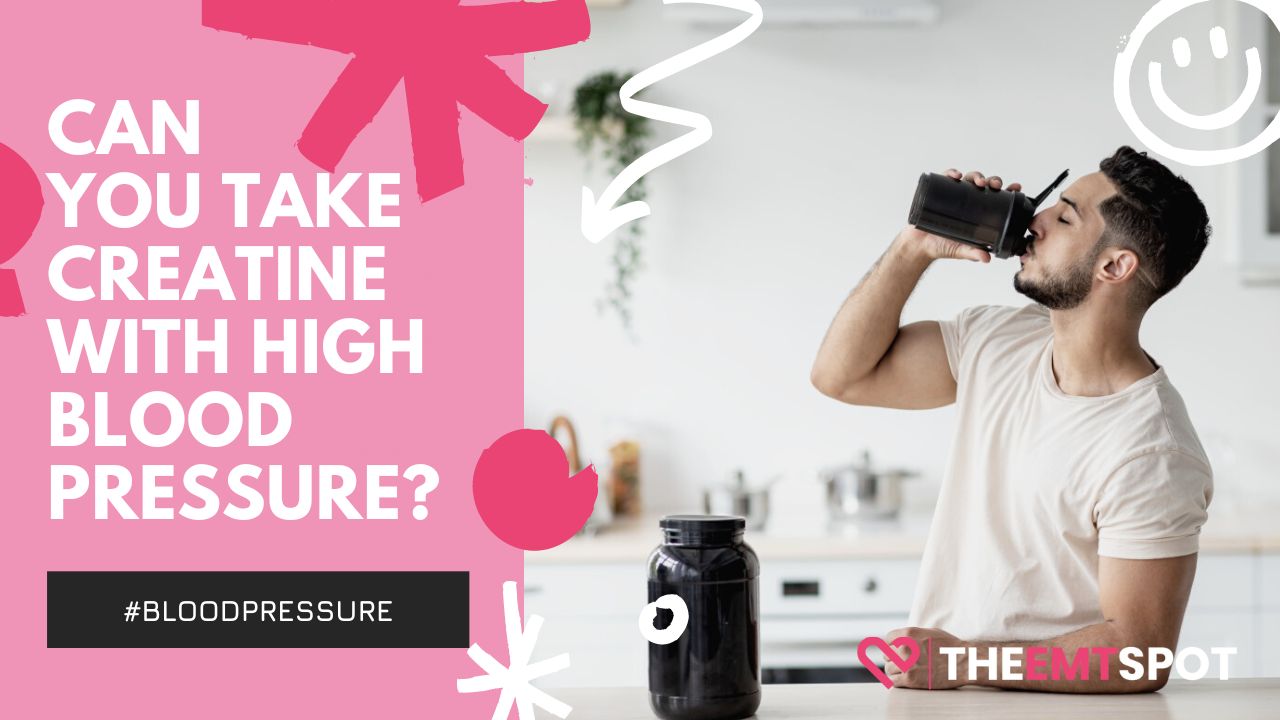
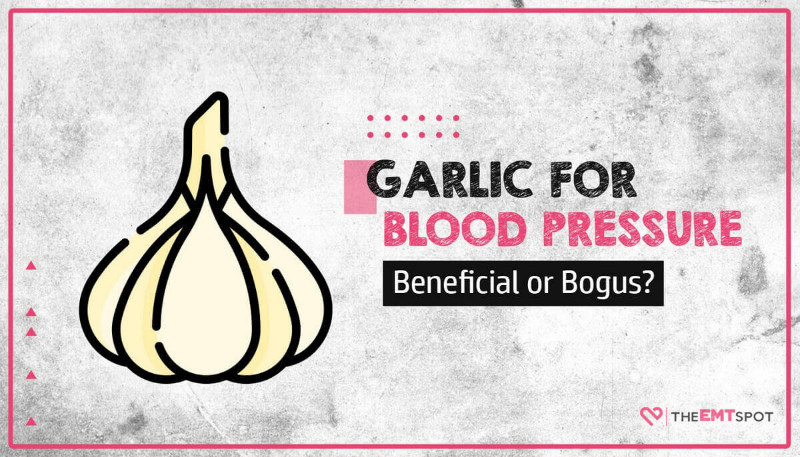
 Robin Backlund is a dedicated journalist and a medical student who has written several articles and essays exposing the falseness and hollowness of online resources in the medical science niche.
Robin Backlund is a dedicated journalist and a medical student who has written several articles and essays exposing the falseness and hollowness of online resources in the medical science niche.